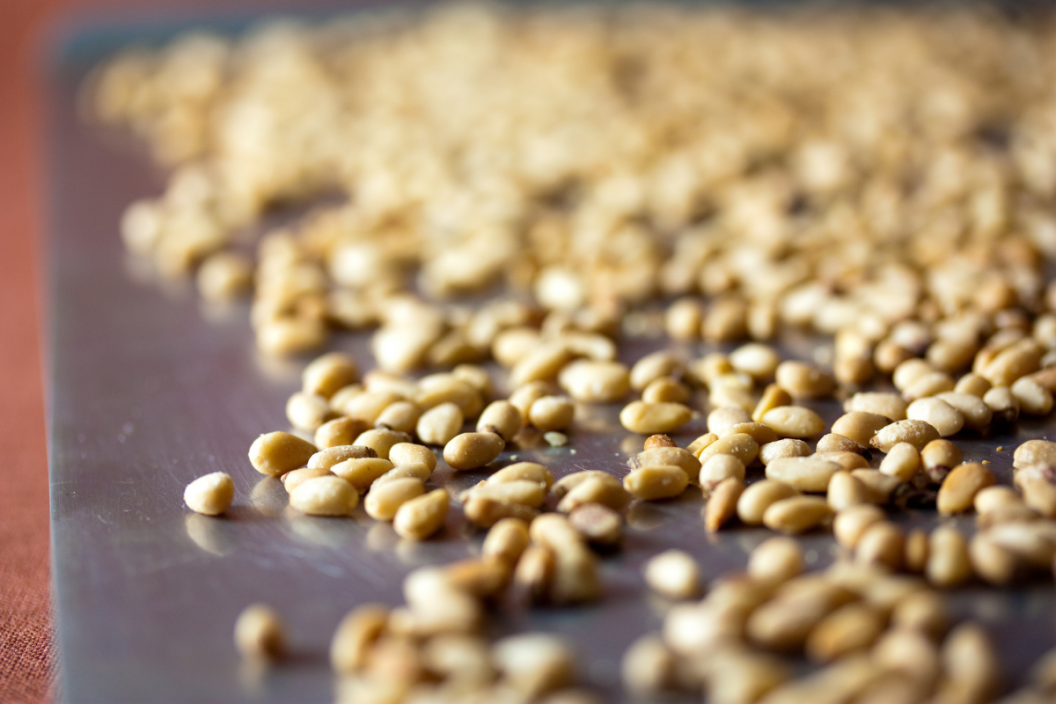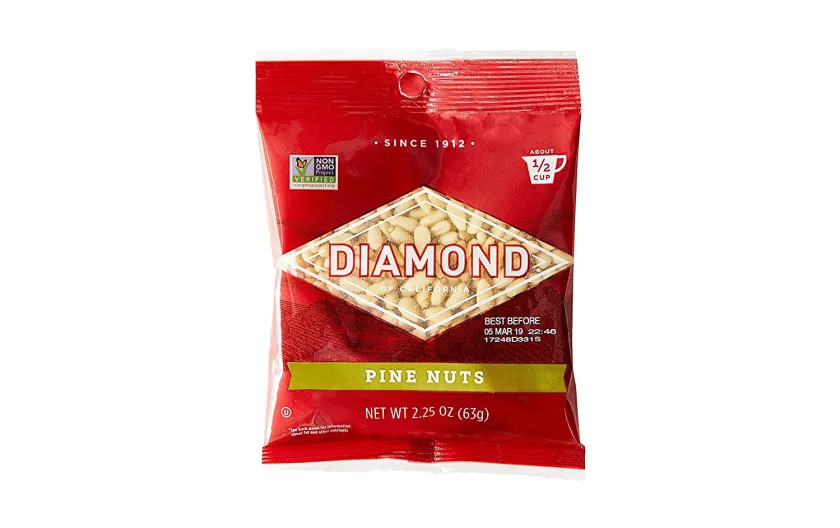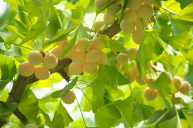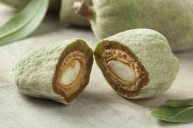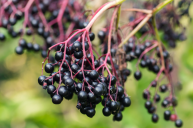It might sound like something made up, but pine mouth is a real thing — and it's no fun at all for someone suffering from it. And the worst part is, no one really knows what causes it and it's something that basically anyone who ever eats pine nuts, alone or as part of a recipe, might eventually deal with.
What Is Pine Mouth?
Pine mouth occurs when someone eats pine nuts and their sense of taste is temporarily altered, causing most food and drinks to have a bitter taste or metallic taste, according to Cook's Illustrated. Even regular old water is impacted by the taste disturbance, and the cause of the bad taste is a total mystery to scientists.
What Causes Pine Mouth?
The cause of the bitter aftertaste known as pine mouth syndrome is not known. Previously, researchers thought that a variety of Chinese pine nuts called P. armandii (or Pinus armandii) was the source of the issue, according to Bon Appetit, but there isn't strong evidence that's definitely the case.
"It's unclear what causes the reaction," Berkeley Wellness reports. "Whether it's from a specific species of pine nut...the oils in them going rancid, or some contaminant." The outlet adds that the Food and Drug Administration (FDA) has determined pine nut syndrome is not a food allergy, it's just a really unpleasant experience for your taste buds.
How Long Does Pine Mouth Last?
It's not obvious immediately after you eat pine nuts that you could end up experiencing this weird side effect. "The condition emerges hours or even days after ingestion and lingers for as long as two weeks," Cook's Illustrated reports. That's a long time to deal with such a gross problem after the simple consumption of pine nuts, but it's not forever, thankfully.
How Do You Avoid Getting Pine Mouth?
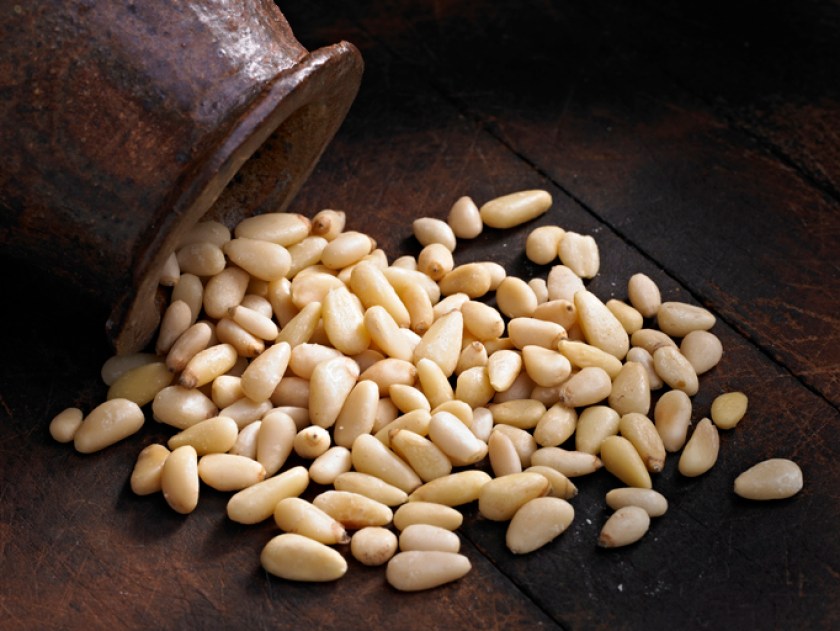
Getty Images/4kodiak
To avoid getting pine mouth altogether, you've just got to avoid pine nuts. Barring that, you can steer clear of pine nuts exported from the Shaanxi and Shanxi regions of China, which the NSW Food Authority notes as a possible source of the issue — though, again, that finding is inconclusive.
Cook's recommends purchasing Middle-Eastern or European-grown pine nuts and either refrigerating or freezing them in well-sealed containers to avoid any possible rancidity. That means checking that bag of pine nuts before you buy it from a grocery store like Trader Joe's to see if it has an origin listed.
The truth is, if you're making something like hummus or pesto that requires the use of pine nuts, or you just like munching on them as a snack, you're pretty much always taking the risk of getting pine mouth. But it's not super common, and they are super delicious, so is it worth it?
